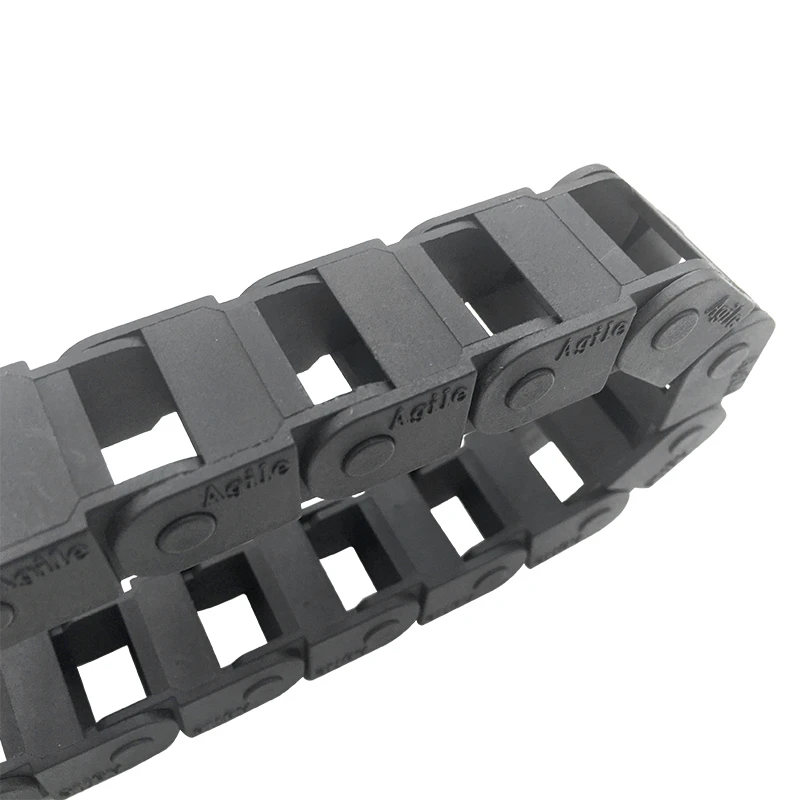nylon flexible conduit
The Versatility of Nylon Flexible Conduit A Comprehensive Overview
In the modern world of electrical installations and protective solutions, the materials used play a crucial role in ensuring safety, durability, and efficiency. Among these materials, nylon flexible conduit has emerged as a popular choice for many applications. This article explores the features, benefits, and diverse applications of nylon flexible conduit, showcasing why it has become essential in various industries.
What is Nylon Flexible Conduit?
Nylon flexible conduit is a conduit made from a nylon material that provides a flexible means of protecting electrical wiring. Unlike traditional rigid conduits made from steel or PVC, nylon flexible conduits offer a lightweight, flexible solution that can easily navigate around obstacles and conform to complex installation needs. The conduits are typically made from high-quality nylon, which provides various advantages, including resistance to chemicals, moisture, and UV rays.
Benefits of Nylon Flexible Conduit
1. Flexibility and Ease of Use One of the most significant advantages of nylon flexible conduit is its flexibility. It can be easily bent and shaped to fit into tight spaces or around corners, making it an ideal choice for complex installations. This flexibility facilitates quicker installations and reduces the risk of damage to the conduit or the wires within it.
2. Durability Nylon is known for its resilience. It withstands impacts and is less prone to cracking than other materials like PVC. This durability ensures that the conduit can endure harsh environments, making it suitable for both indoor and outdoor applications.
3. Chemical and Moisture Resistance Nylon conduit's resistance to chemicals makes it an excellent choice for industrial environments where exposure to various substances is common. Additionally, its moisture-resistant properties protect the wires from water damage, preventing short circuits and ensuring operational reliability.
4. UV Resistance For applications exposed to sunlight or extreme weather conditions, the UV resistance of nylon flexible conduit provides an added layer of protection. This ensures that the conduit remains functional and does not degrade over time when subjected to outdoor elements.
5. Lightweight Construction The lightweight nature of nylon conduits simplifies transportation and installation. Electricians and installers appreciate the reduction in physical strain, especially during long-term projects.
nylon flexible conduit

Applications of Nylon Flexible Conduit
Nylon flexible conduit’s versatility allows it to be used across various industries and applications
1. Automotive Industry In automotive applications, nylon conduit protects wiring harnesses and other electrical components from damage due to vibration, moisture, and extreme temperatures.
2. Manufacturing and Industrial Settings In factories and production facilities, nylon flexible conduits help manage electrical wiring, ensuring safety and organization in high-paced environments. Its resistance to chemicals and moisture makes it suitable for use near machinery and equipment.
3. Telecommunications In telecom networks, nylon conduits are employed to safeguard cables and wires from physical damage and environmental factors, contributing to the reliability of communication systems.
4. Construction and Building Projects During construction, nylon flexible conduits are used to protect temporary wiring setups, as well as in permanent electrical installations, acting as a safeguard against accidental damage.
5. Aerospace In the aerospace sector, where safety and reliability are paramount, nylon conduits are utilized to protect sensitive wiring from harsh conditions, contributing to the operational integrity of aircraft systems.
Conclusion
Nylon flexible conduit represents a remarkable evolution in conduit technology, combining the benefits of flexibility, durability, and resistance to environmental factors. Its various applications across diverse industries highlight its essential role in modern electrical installations. As technology continues to advance and the demands for reliable electrical solutions grow, nylon flexible conduit will remain a critical component in ensuring safety and efficiency in wiring systems worldwide. Whether in automotive, manufacturing, telecommunications, or aerospace, the effectiveness and versatility of nylon flexible conduit make it a valuable asset in a multitude of settings.








